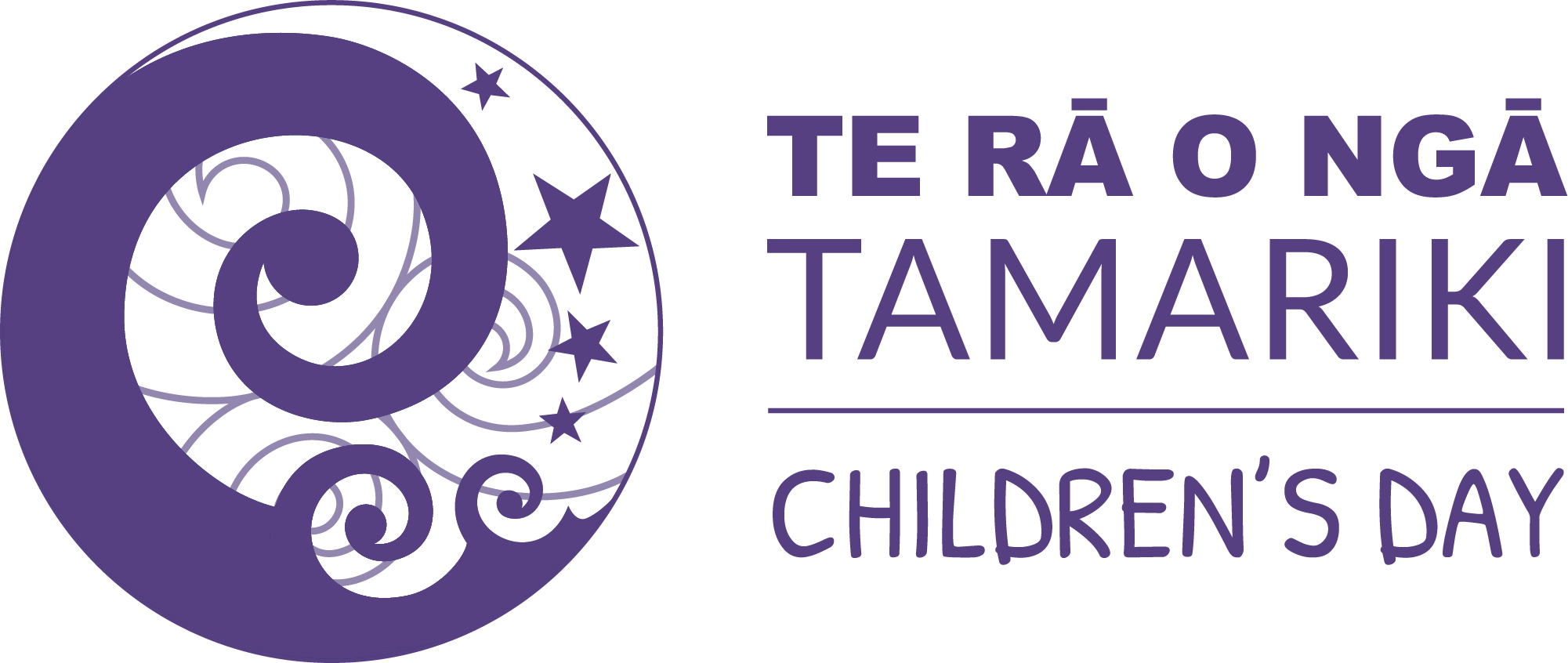Ways to celebrate
Children’s Day is about embracing simple, heartfelt ways to spend time with tamariki. Find ways to make your Children's Day special.
Whether you choose to join a community event or celebrate in your own way, there are endless possibilities to make the day special. You can:
Do an activity
Many families and communities share an activity to celebrate Children’s Day. If you need inspiration, try one of our suggestions below.
Our resources page contains several resources including a printable colouring book and several crafts activities. You can download these to use at home or in the classroom.
Activities for whānau | families
- Dream big: Create a wish list with your children—no limits, no rules! You might be surprised by their aspirations and dreams.
- Family challenge bingo: Make a bingo card with fun challenges like building a newspaper tower, trying a new activity, or surprising a family member with a kind act.
- Outdoor adventures: Head to the beach or take a nature walk to collect treasures and craft them into unique gifts.
- Download a chatterbox: Make our downable chatterbox for some fun questions to chat and connect. You can find this and more on our Resources page.
Activities for schools and pre-schools
- Picnic and games day: Host a picnic lunch with classic games like three-legged races, egg tosses, and wheelbarrow races.
- Classroom sharing: Set aside time for children to bring an item they love from home and tell the class why it’s their favourite object.
- Arrange a Grandparents morning or afternoon tea: Children can make invitations, decorate the room and prepare tasty food for a shared family tea.
Go to an event
Attend a Children’s Day event in your local community. Find out what events are available in your community to attend by checking out:
- your local council’s website
- events listed on Facebook within your area
- Eventfinda
- your nearest community centres.
Hold an event
Running an event in your community is great way to appreciate and support children.
Use our guide to plan your own Children’s Day event to celebrate the tamariki in your community:
Step 1: Pick and plan your event
Popular types of Children’s Day events you might want to organise include:
- arts and crafts sessions
- storytelling events
- fun fairs and
- interactive learning activities.
Once you’ve chosen the type of event you’d like to run, you can prepare for the day.
To make your event engaging and help raise awareness about the importance of children, you can prepare to:
- discuss what's special about the purpose of the event - see the 5 messages of Children's Day for inspiration.
- consider the ages of the child attending and age-appropriate ways to engage them
- offer ideas to your attendees on fun ways to support children at your event.
Step 2: List your event
You can list your event on Eventfinda and Facebook.
If listing on on Eventfinda, add your event under the category Festivals & Lifestyle > Family & Kids.
If listing on Faceook, use one of our event images from our Resources page to help it stand out.
You can list your event on Facebook from your Facebook Feed by following these steps:
- Navigate to Events in the left-hand menu. Click See more if you don’t see it right away.
- Click 'Create new event'.
- Under Who can see it?, choose your event’s visibility settings. Keep in mind that this cannot be modified after the event is created.
- Follow the prompts to fill in your event details and add your cover photo.
- Click Create event to finalise and publish your event.
Step 3: Get the word out
We have resources to help you promote your event, such as Facebook posts and editable posters. You can download these on our Resources page.
When downloading our posters, you can add you own event title, date and time.
You can then print these at home or by using a local service. You can then ask local community centres and businesses to place them at their locations and get the word out.
